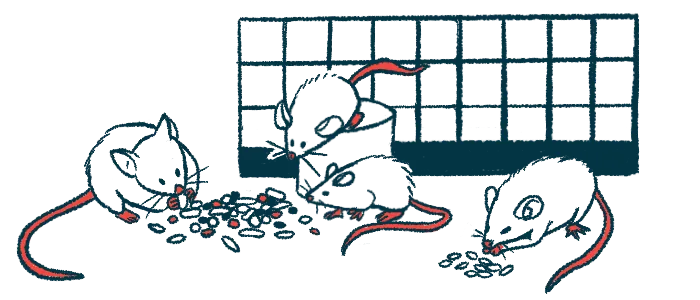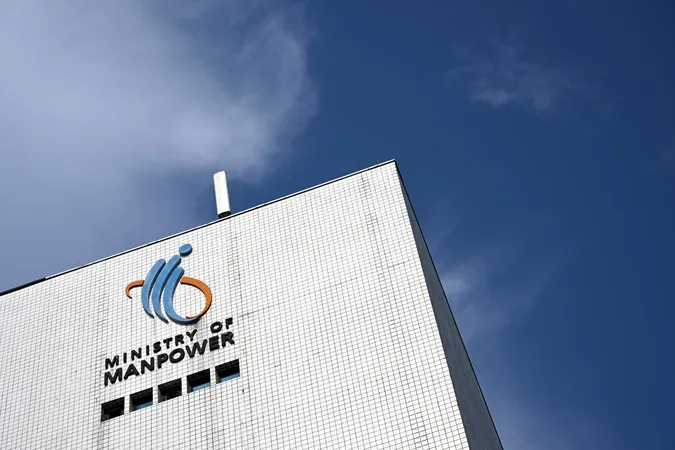
Breakthrough Findings! Dietary Supplement Sparks Improved Behavior in Angelman Syndrome Mice
2025-05-07
Author: Siti
Exciting New Study Unveils Potential Therapy for Angelman Syndrome
In a groundbreaking study, researchers have discovered that supplementing diets with octanoic acid—a fatty acid naturally found in breast milk—significantly enhances behavior in a mouse model of Angelman syndrome, according to findings published in The FASEB Journal.
How Octanoic Acid Works its Magic
Octanoic acid plays a crucial role in reactivating a gene that is typically suppressed in the brain, leading to remarkable improvements in memory and cognition in these mice. The study's authors suggest that this dietary supplementation could serve as a safe and noninvasive therapeutic approach, not just during prenatal and postnatal development, but extending into adulthood.
The Genetic Puzzle of Angelman Syndrome
Angelman syndrome arises when the maternal copy of the UBE3A gene is mutated, leaving the paternal copy inactive. This genetic quirk means neurons cannot produce the necessary ubiquitin protein ligase E3A, resulting in the syndrome's debilitating symptoms. The scientific community has explored various techniques to 'unsilence' the paternal gene, but faced numerous challenges such as invasive procedures and unwanted side effects on other genes.
The Remarkable Role of Octanoic Acid
Octanoic acid, which can cross the blood-brain barrier, was tested for its potential to elevate UBE3A protein levels in neurons. Researchers noted that it significantly increased UBE3A levels and reduced a regulatory RNA molecule, enabling the paternal gene expression within neuronal cultures.
Boosting Cognitive Abilities in Mice
In an innovative approach, scientists administered octanoic acid to lactating mouse mothers from the birth of their litters, allowing the offspring to benefit directly from their mother's milk. The effect was particularly evident in the hippocampus—an area of the brain crucial for learning and memory—where treated mice displayed enhanced short-term spatial memory and engaged in more typical nest-building behaviors.
A Promising Future for Treatment
These findings hint at the potential for octanoic acid therapy to reverse behavioral deficits associated with Angelman syndrome, particularly when initiated early in brain development. Researchers stress the need for further studies to ascertain optimal dosages and possibly utilize stem-cell derived neurons from individuals with Angelman as a new model for future research.
Overall, the breakthrough suggests that octanoic acid supplementation could emerge as a promising new treatment avenue for individuals affected by Angelman syndrome, ushering in a future of hope and healing.




 Brasil (PT)
Brasil (PT)
 Canada (EN)
Canada (EN)
 Chile (ES)
Chile (ES)
 Česko (CS)
Česko (CS)
 대한민국 (KO)
대한민국 (KO)
 España (ES)
España (ES)
 France (FR)
France (FR)
 Hong Kong (EN)
Hong Kong (EN)
 Italia (IT)
Italia (IT)
 日本 (JA)
日本 (JA)
 Magyarország (HU)
Magyarország (HU)
 Norge (NO)
Norge (NO)
 Polska (PL)
Polska (PL)
 Schweiz (DE)
Schweiz (DE)
 Singapore (EN)
Singapore (EN)
 Sverige (SV)
Sverige (SV)
 Suomi (FI)
Suomi (FI)
 Türkiye (TR)
Türkiye (TR)
 الإمارات العربية المتحدة (AR)
الإمارات العربية المتحدة (AR)